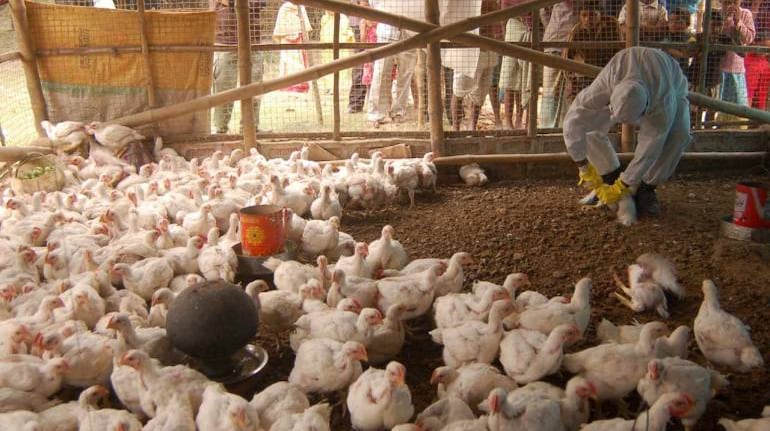



The bird flu outbreak has been confirmed in eight India states -- Kerala, Rajasthan, Madhya Pradesh, Maharashtra, Himachal Pradesh, Haryana, Gujarat and Uttar Pradesh. To monitor the situation in the affected areas of the country, the central teams are visiting the sites where avian influenza has outbroken.
The Centre has asked all the states and union territories to build awareness among the public and avoid the spread of misinformation regarding the influenza.
After contraction with the bird flu, patients initially witness fever and influenza-like illness, which may be malaise, myalgia, cough and sore throat. Diarrhoea and other gastrointestinal symptoms may also occur, says the World Health Organization.
Some of these symptoms also occur in the novel coronavirus infection. Therefore, it is important to know how the bird flu is different from COVID-19. Here’s all you need to know about avian influenza.
Transmission
Human infections with highly pathogenic avian influenza virus occur through bird-to-human, possibly environment-to-human and, very rarely and limited human-to-human transmission. Direct contact with infected poultry, or with surfaces and objects contaminated by their droppings, is the main route of transmission to humans.
Exposure risk is considered highest when there is contact with infected avian faecal material in the environment, especially during slaughter, de-feathering, butchering and preparation of poultry for cooking.
Explained | Bird flu: How safe is it to eat chicken, eggs?
Symptoms
An individual may have contracted bird flu virus if s/he experiences typical flu-like symptoms such as:
> Cough
> Respiratory difficulties
> Fever (over 100.4°F or 38°C)
> Headache
> Muscle aches
> Malaise
> Runny nose
> Sore throat
> Diarrhoea
Risk factors
The greatest risk factor for contracting bird flu is coming in contact with sick birds or with surfaces contaminated by their feathers, saliva or droppings.
People who may have a greater risk of contracting are:
> Poultry farmers
> Travelers visiting affected areas
> Exposed to infected birds
> Someone who eats undercooked poultry or eggs
> Healthcare workers caring for infected patients
> Household members of an infected person
Also read | Over 30 birds found dead in Rishikesh
Precautions
> In affected arias, people should avoid contact with high-risk environments such as live animal markets and poultry farms, any free-ranging or caged poultry, or surfaces that might be contaminated by poultry droppings.
> People should avoid contact with dead migratory birds or wild birds showing signs of disease and should avoid consumption of undercooked eggs, poultry or poultry products.
> Hand hygiene with frequent washing or use of alcohol rubs is recommended.
> If exposure to individuals with suspected avian influenza illness or severe, unexplained respiratory illness occurs, one should urgently consult health professionals.
(With inputs from PTI)
Discover the latest Business News, Sensex, and Nifty updates. Obtain Personal Finance insights, tax queries, and expert opinions on Moneycontrol or download the Moneycontrol App to stay updated!
Find the best of Al News in one place, specially curated for you every weekend.
Stay on top of the latest tech trends and biggest startup news.